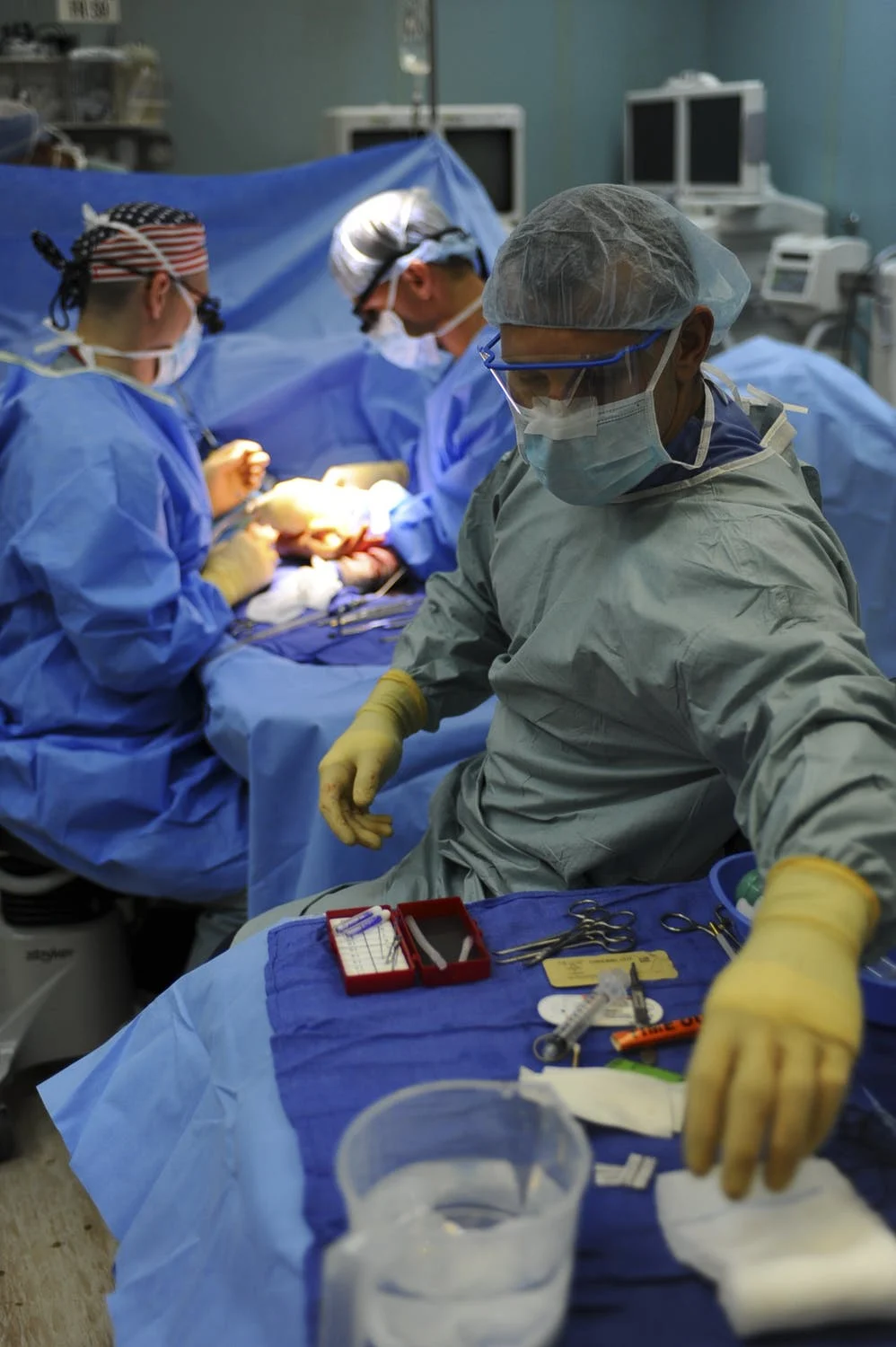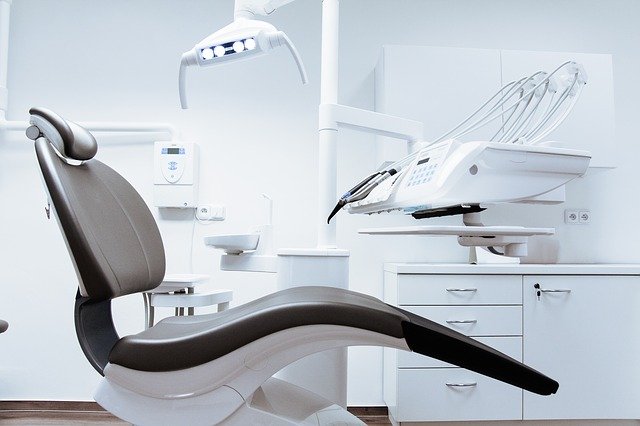Treatment Options for Sinus Conditions
If you have ever had a cold, then you know how miserable sinus conditions can be. A runny nose, watery eyes, congestion, and headaches are just a few of the symptoms that can make you feel awful. And if you have ever had a sinus infection, then you know how debilitating it can be.
How Do You Know If You Have A Sinus Condition?
There are several ways to tell if you have a sinus condition. First, you may have a stuffy or runny nose. This is usually accompanied by congestion, pressure, or pain in your sinuses. These symptoms may be worse when you bend over or lie down.
Cold symptoms that last more than ten days or keep coming back may signify a sinus condition. For instance, you may have a cold that lasts two weeks and then goes away for a few days, only to come back again.
You may also have drainage from your nose that is thick and yellow or green. This is called post-nasal drip, and it can be a sign that you have a sinus infection. It can get messy and uncomfortable, and it can also cause bad breath.
With a sinus infection, you may also have a fever, facial tenderness, or headache. If you have dental disease, you may also experience tooth pain. If you have any of these symptoms, it is essential to see a doctor to get a proper diagnosis.
While the condition is not life-threatening, it can be very uncomfortable. It is essential to seek treatment to get relief from the symptoms. You and your doctor can work together to find the best treatment option for you.
What Are The Treatment Options For A Sinus Condition?
Once you have been diagnosed with a sinus condition, there are a few different treatment options available. A deviated septum can often cause sinusitis, so surgery to correct the septum may be recommended. These include:
1. Nasal corticosteroids
If you have inflammation, your doctor may prescribe a nasal corticosteroid. Nasal corticosteroids are a type of medication that can help to reduce inflammation in the sinuses. These are sprayed into the nose and help to reduce the swelling. This can make it easier for you to breathe and can also reduce the symptoms.
Nasal corticosteroids include fluticasone, budesonide, and mometasone. They are usually used for a short time, as they can have side effects if used for too long. With regular use, they can help to control the symptoms and make them more manageable.
2. Oral or intravenous corticosteroids
If you have a severe infection, your doctor may prescribe oral or intravenous corticosteroids. These are a type of medication that can help to reduce inflammation throughout the body, especially in the sinuses. Corticosteroids can effectively reduce symptoms, but they are usually only prescribed for a short period due to the potential side effects.
You can buy some corticosteroid medications over the counter, but speaking to a doctor before using them is crucial. They work by shrinking the inflamed tissue in the sinuses to make it easier to breathe. If you take an oral corticosteroid, you should not suddenly stop taking it, as this can be dangerous. You will need to reduce the dose over time as your doctor prescribes slowly.
3. Saline nasal irrigation
Saline nasal irrigation is a type of therapy that can help to reduce the symptoms of a sinus condition. It involves using a saline solution to rinse the sinuses. This can help to reduce congestion and remove any irritants from the sinuses. It can also help to thin out mucus and reduce the symptoms.
You can do saline nasal irrigation at home using a neti pot or a squeeze bottle. You can also buy pre-made saline solutions from the pharmacy. It is essential to use sterile water when doing this type of treatment. Your doctor can give you more instructions on how to do this safely.
4. Antifungal medication
If you have a fungal sinus infection, your doctor may prescribe an antifungal medication. These can help to clear the infection and reduce the symptoms. The most common antifungal medications used to treat sinus infections include clotrimazole, ketoconazole, and miconazole.
As the sinus infection clears, the symptoms will start to improve. However, it is vital to finish the course of medication as prescribed by your doctor, even if you are feeling better. This will help to prevent the infection from coming back.
5. Antibiotics
Bacteria often cause sinusitis, so antibiotics can be used to clear the infection. Antibiotics can be taken orally, or they can be given as a shot. Your doctor will prescribe the best type of antibiotic for your condition. The sinus cavity is a small space, and it can be difficult for antibiotics to reach the bacteria. You may need to take them longer than you would for a regular infection.
These antibiotics may include amoxicillin, azithromycin, and cefuroxime. They are usually taken for 10 to 14 days. Under doctors' orders, some people with sinus conditions may need to take antibiotics for up to six weeks. You will need to take them as prescribed to clear the infection.
6. Surgery
In some cases, surgery may be necessary to treat a sinus condition. Surgery can help improve the sinuses' drainage and remove any blockages. It is usually only recommended for people who have chronic sinusitis that has not responded to other treatments. A deviated sptum can often cause sinusitis, so surgery to correct the septum may be recommended.
The process of surgery is usually done under general anesthesia. This means that you will be asleep during the procedure. The surgeon will make small incisions in the nose and remove any blockages. They may also need to widen the openings of the sinuses.
After the surgery, you will usually stay in the hospital for a few days. You will then need to take it easy at home for a few weeks. The recovery time can vary depending on the type of surgery that you have had.
To sum it up, many different treatment options are available for sinus conditions. You should speak to your doctor about the best option for you. With treatment, the symptoms should start to improve, and you will be able to manage your condition more effectively.





